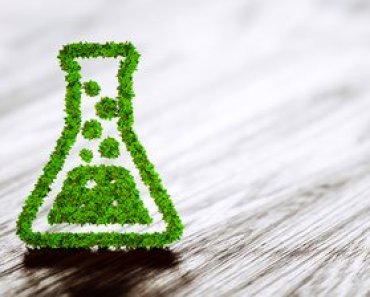Description
Join this course if you want to learn how to create a sustainable future by moving away from dependence on fossil resources to biomass resources for the production of food, chemicals and energy-carriers. You will learn what biomass is, how to produce biomass renewable energy- and biomass fuel and how to make biobased products. The course will give you a solid understanding of how chemistry works in a biobased economy and in the production of biomass renewable products. Your valuable knowledge will help your company drive into sustainability and actually make the transition to use biomass resources to produce biobased products. You will learn about the products that can be derived from biomass and the processes used to do so. We will explore catalytic conversion of biomass by discussing types of catalysts, special challenges for catalysis when converting biomass into biomass energy and the interplay of catalysis and up/down stream processes. Then we dive into biorefinery. Biorefinery deals with the challenge of extracting valuable biomass components and converting them to final products. To achieve this you first need knowledge of the different types of biomass, the molecules present and their chemical characteristics. Biorefinery is all about efficient processing. Aspects of processing include the harvesting, pre-treatments, conversion and separation technologies. Join the MicroMasters programme This MOOC is part of two MicroMasters programmes, Economics and Policies for a Circular Bio-Economy and Business and Operations for a Circular Bio-Economy. The Business and Operations for a Circular Bio-Economy MicroMasters will provide you with the knowledge and tools to analyse the business and operations side of the switch to biobased products. The MicroMasters Economics and Policies for a Circular Bio-Economy covers the economic and policy side of converting biological resources into biobased products. You will able to contribute substantially to managerial decision-making as well as policy development. Both programmes consist of 3 courses and a final project; the capstone. Explore the other courses in the MicroMasters programmes: Economics and Policies in a Biobased Economy or Business Strategy and Operations in a Biobased Economy Circular Economy: An Interdisciplinary Approach Capstone Economics and Policies for a Circular Bio-Economy or Capstone Business and Operations for a Circular Bio-Economy
Price: FREE to audit!
From Fossil Resources to Biomass: A Chemistry Perspective through edX, a platform for education founded by Harvard and MIT.
TUN Helps Students!
Scholarships
Community
Copyright, 2024 – TUN, Inc

